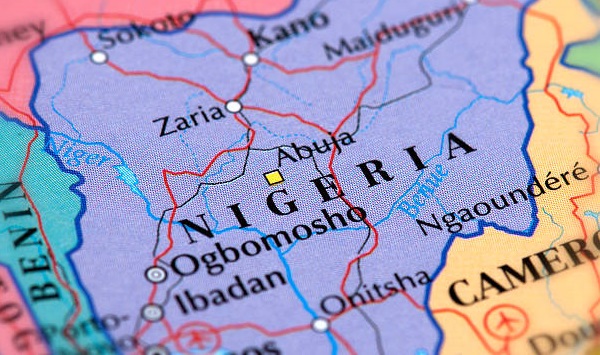Trade is the lifeboat of a nation. It is essential to the creation of opportunities, achievement of economic growth and overall human prosperity. The freer the flow of trade, the stronger the tides to economic progress and peace. Therefore, it is important to address all barriers that impede trade.
For a large and important economy like Nigeria, Non-Tariff Barriers (NTBs) are undoubtedly detrimental to fostering free trade. Operational barriers like excessive documentation, unrealistic quotas, and import restrictions inhibit trade activities. These barriers have been identified a long time ago, but eradicating them has remained a challenge. According to the African Union’s Commissioner for Trade and Industry, Ambassador Albert Muchanga, “the success of the AfCFTA (African Continental Free Trade Area) depends in part on how well governments could track and remove non-tariff barriers.”
What are Non-Tariff Barriers?
Non-tariff barriers are all artificial barriers that inhibit trade. Trade Barrier Africa defines NTBs as a wide range of restrictive regulations and procedures, imposed by government authorities, that make the importation or exportation of products difficult and/or costly. NTBs often arise from licences, quotas, embargoes, and import deposits. They are often adopted as a means of control over international trade and the protection of local industries.
Nigeria currently employs a combination of tariffs and quotas on international trade for revenue generation. The country’s tariffs are determined by the ECOWAS 2015 – 2019 Common External Tariff (CET). The tariff’s five bands include zero duty on capital goods and essential drugs, 5% duty on raw materials, 10% on intermediate goods, 20% on finished goods, and 35% on imports into strategic sectors.
These are regardless of value-added taxes and other additional charges. Also, in order to protect local industries and encourage local consumption, the Nigerian government banned the importation of a number of commodities. These protectionist policies have adverse effects on trade volume and continue to keep the majority of the citizens in poverty. Between 2019 and 2021, the government closed all land borders, restricting trade with neighbouring countries.
A report by the United Nations Economic Commission for Africa reveals that the removal of non-tariff barriers will double intra-African trade. Similarly, the United Nations Conference on Trade and Development (UNCTAD) reports that Africa could generate about $20 billion annually by removing NTBs. Having committed to the African Continental Free Trade Area, Nigeria must therefore commit to removing all regulatory and operational barriers to trade as contained in the AfCFTA signed by President Muhammed Buhari in 2022.
Benefits of Eliminating Non-Tariff Barriers
Amidst rising inflation, high poverty and unemployment rates, and other economic challenges, it is imperative for Nigeria to pursue the elimination of NTBs. Doing this comes with several benefits. Here we take a look at two.
-
Reduction in the cost of goods and services
NTBs have more than increased the cost of trade in Nigeria. As previously experienced with the ban on rice import to Nigeria, import restrictions on goods in high demand will only create an informal market for such goods, albeit with an increase in price. Custom clearance delay contributes to increases in the cost of goods and services.
Goods delayed at the ports due to certification requirements, restrictive licencing or uncoordinated transport arrangements accumulate demurrage charges, which are factored into the final price of such commodities. As government resolve to remove these barriers, trade becomes easier and more accessible to the citizens, consequently reducing the landing cost to traders and unit price to retail consumers.
-
Economic development
Nigeria is a struggling economy, and trade is crucial to unlocking its massive potential. Attracting foreign income through foreign direct investment and international trade is critical to economic growth and development. Despite the elimination of tariffs on imports/exports, trade has not quickened under the AfCFTA. This can be attributed to NTBs.
According to the Nigeria Bureau of Statistics, trade contributed 15.35% to GDP in 2022 despite all current regulatory and infrastructural barriers. If NTBs are eventually addressed, the trade sector will contribute significantly to the economic growth of Nigeria and create economic prosperity for the people. As trade volume increases, economic activities increase, thereby opening up employment opportunities.
NTBs inhibit trade flow more than tariff barriers. While the effects of tariff barriers can be quantified, we cannot measure in specific terms the effects of NTBs. Government efforts must therefore be geared towards localising the principles protocol on trade in goods of the AfCFTA agreement in removing NTBs. Traders must also get involved by reporting any barrier they encounter while carrying out any trade-related activity to tradebarriers.africa – a platform created to help government officials and AfCFTA Secretariat identify NTBs and eliminate them.


Leave a Comment